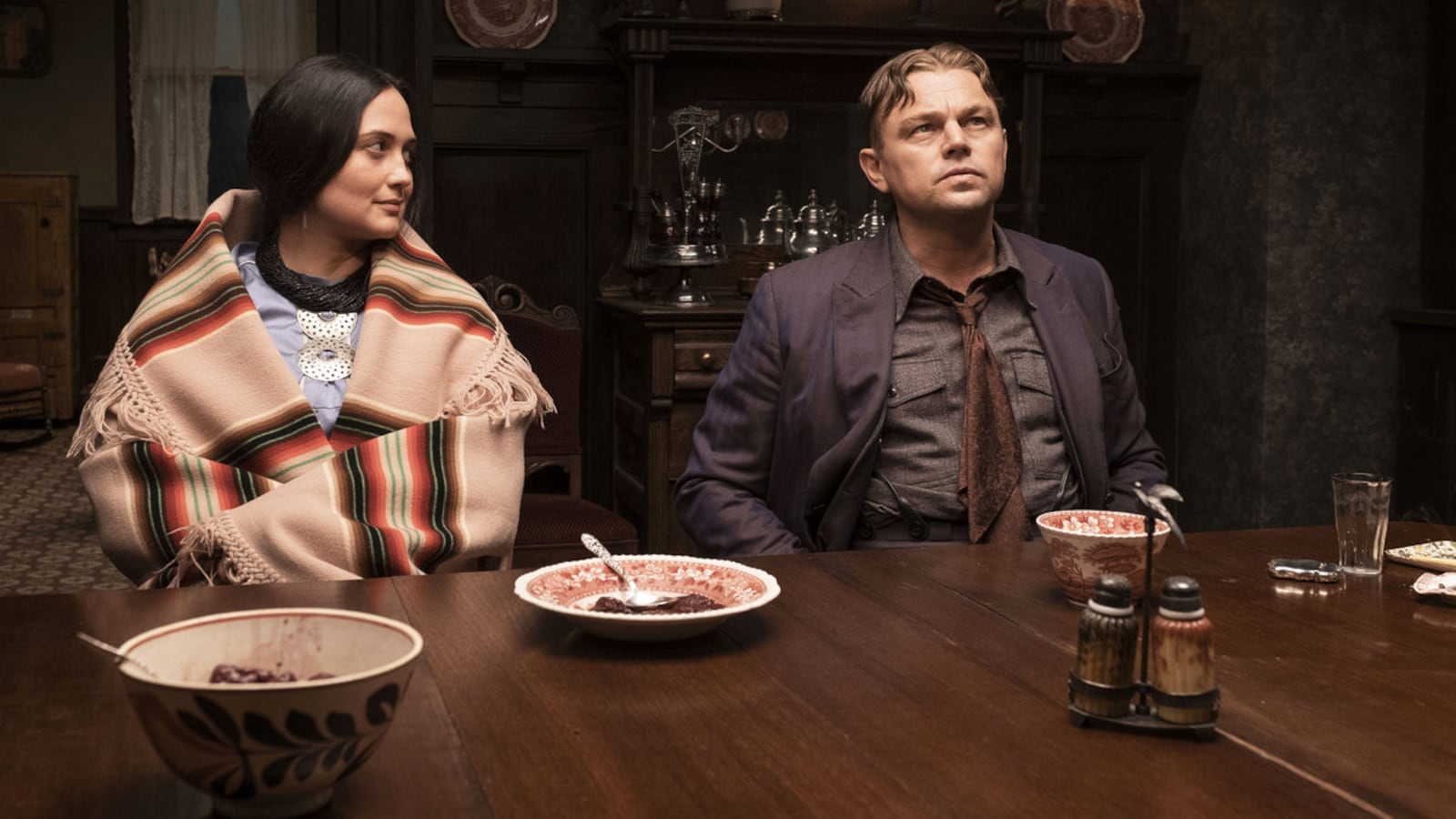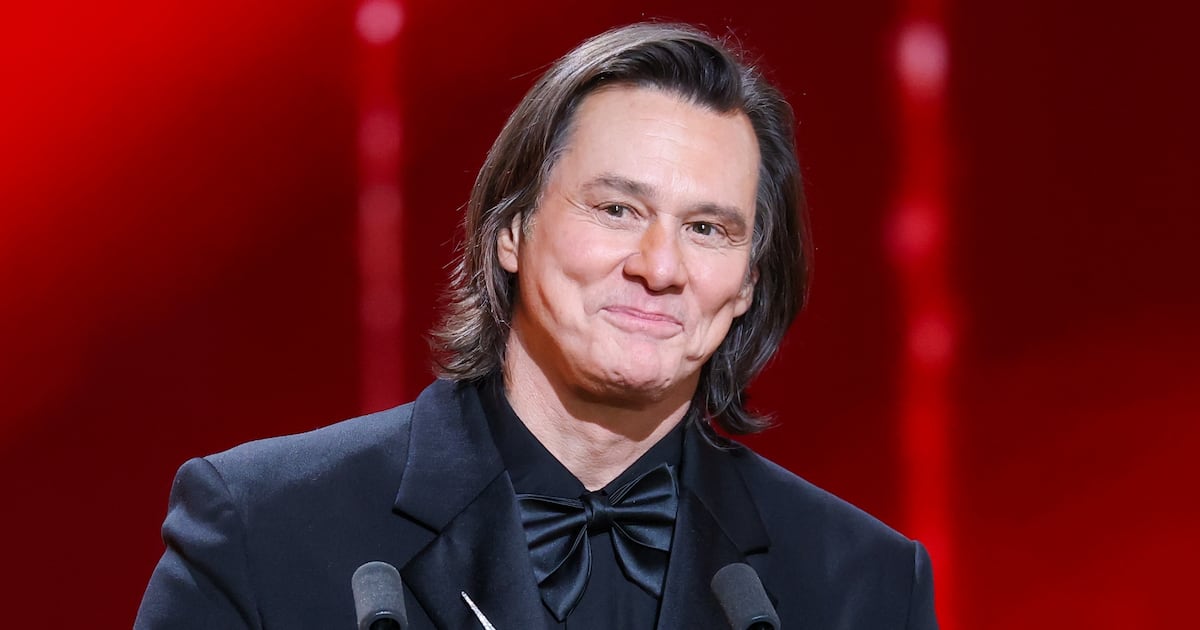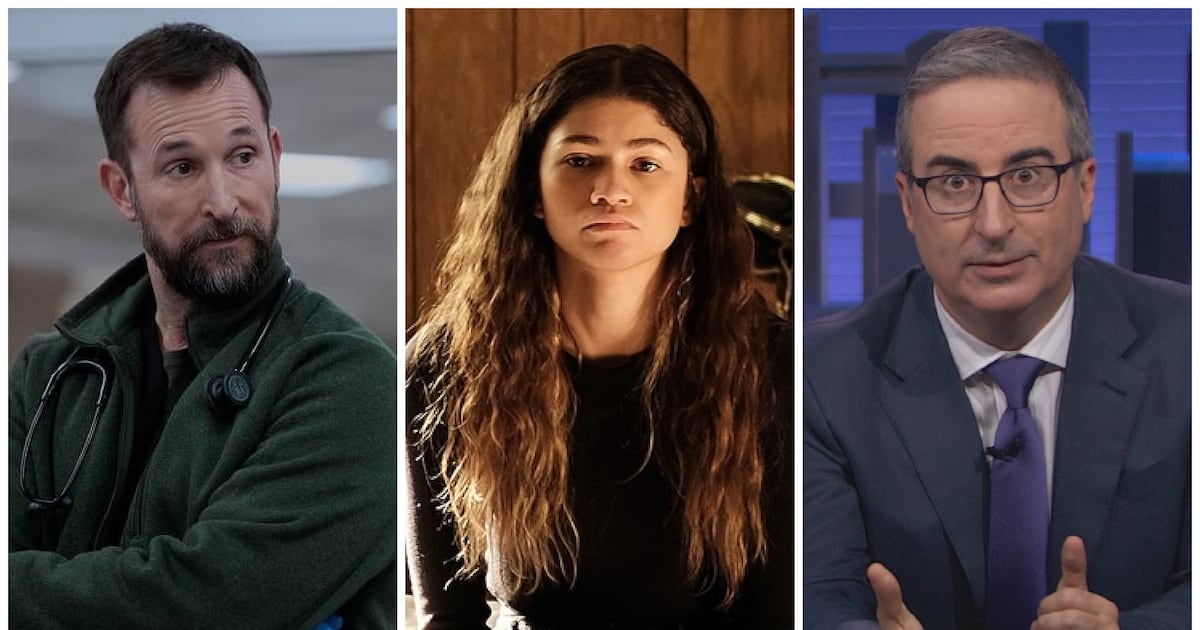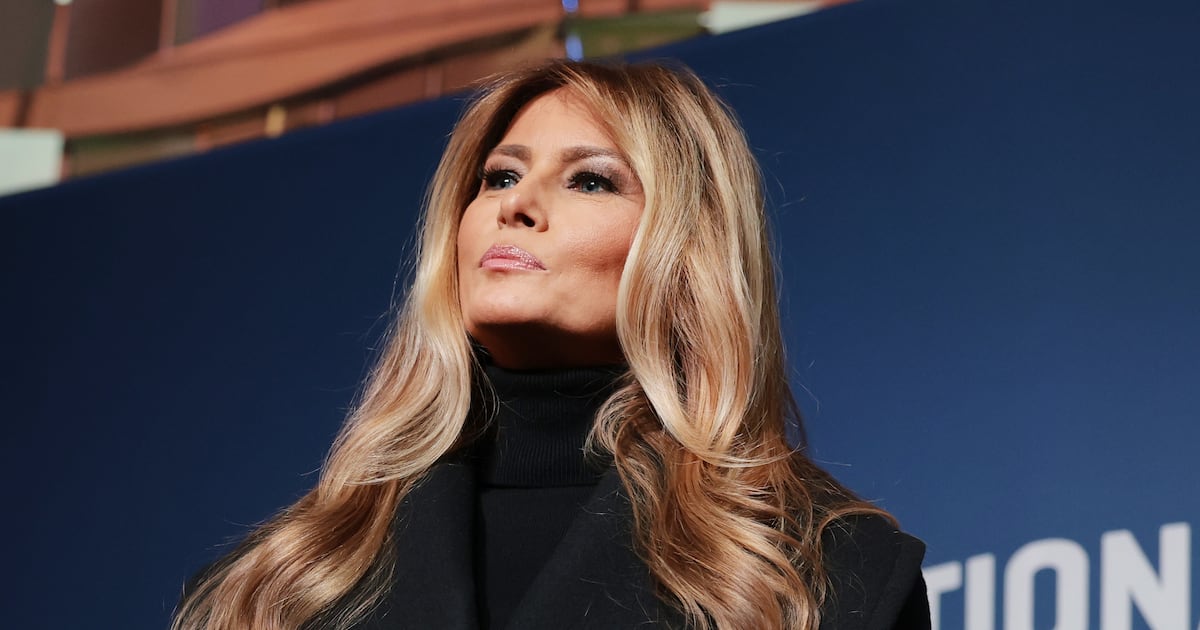This is a preview of our pop culture newsletter The Daily Beast’s Obsessed, written by editor Kevin Fallon. To receive the full newsletter in your inbox each week, sign up for it here.
I recently violated one of my core values: I willingly saw a film that was three-and-a-half hours long.
It is one of my foundational beliefs, one that I hold as deeply as things like “You probably shouldn’t murder someone,” that, c’mon, no movie needs to be that long. The major commandments: Thou shalt not lie; thou shalt not kill; and thou shalt get serious with that ridiculous runtime.
Yes, I saw Killers of the Flower Moon, Martin Scorsese’s new $200 million film starring Leonardo DiCaprio and Robert De Niro that hits theaters this weekend. It’s not the first time I’ve slipped. I also, while of sound mind, purchased a ticket and sat in a theater to watch all three hours (and nine seconds) of Oppenheimer this summer. What’s more, contrary to everything I thought I knew about myself and the world, I quite enjoyed both experiences.
Well, “enjoyed” may be generous, especially in the case of Flower Moon, which did, to me, feel every bit of three-and-a-half hours long. (To those who say “It flew by,” I ask you: How long have you been a pathological liar?) But if there is something to be grateful for with this self-indulgent expansive runtime, it’s that it affords us the opportunity to spend so much time with one of the most fascinating characters I’ve seen in film this year, and the actress who plays her. If there’s any justice, we’ll all be talking about Lily Gladstone’s stunning turn in Flower Moon not just this award season, but for a long time.
Based on the book by David Grann, Killer of the Flower Moon centers on a spate of horrific murders that occurred within Oklahoma’s Osage Nation in the 1920s, which took place after oil was found on tribal land and opportunist white speculators moved in. It would take years of the Osage people pleading to the government for a real, uncorrupt investigation to take place and for the nascent FBI to get involved—the bureau’s first big case.
De Niro plays William Hale, who is fittingly referred to by everyone as “King,” considering how he lords over the town’s business affairs and has earned what seems to be unwavering, if misguided, trust from the Osage people. When his nephew Ernest (Leonardo DiCaprio) arrives home from the war looking for a fresh start, King heartily endorses Ernest’s plans to marry Mollie Burkhart (Gladstone), a well-respected Osage woman whose family happens to be worth a fortune in oil money.
As the local murder tally increases, the conspiracy orchestrated by King starts to reveal itself, the specifics of which might constitute “spoilers” (though this is history) and would take an incredible amount of time to run through (again, this is a three-and-a-half hour film). Complicated threads of unspeakable tragedy, greed, delusion, justice, love, and family tangle throughout the film into a series of knots. Challenging as the film may be, an emotional pulse moves it forward like the beat of a steady drum—and that’s largely thanks to Gladstone’s work.
There will be inevitable pronouncements that this is some of the best work in DiCaprio and De Niro’s respective careers. My take: Are they that good, or is it just fun to watch Leo and Bob do new accents? That’s why I hope Gladstone gets the spotlight she deserves. Her work in projects like the 2016 indie Certain Women and FX’s Reservation Dogs has been celebrated, but this is the kind of showcase that reveals new levels to a performer’s talent and can make new stars.

Mollie may be Flower Moon’s most complex character. She is revered while still looked at as a prize to be claimed, given her beauty and potential inheritance. It’s fascinating to watch the ways in which she commands control, as she does at the start of her relationship with Ernest, and other times relinquishes it to fate—as if her power is at war with her knowledge of her place in the world as a Native woman. She bears the emotional toll of unspeakable atrocities, alternately absorbing them and dispelling them in one of the most human ways I’ve seen on screen: When do you carry the weight of your heartbreak and anger; when do you use it to light a fire to fight; and when do you pretend it doesn’t exist, so you can survive?
Gladstone’s performance is often still and quiet, so when there are outbursts, even small ones, they’re thrilling—almost seismic. A flirtatious giggle roars with joy and passion. A wail of despair is deafening, embedding in your bones, so you never forget the pain. And when Gladstone and DiCaprio have their most charged conversation, one of very few words, each short delivery explodes like dynamite.
That quiet allows Mollie to observe and piece together what is happening around her. Gladstone develops an intimate, yet mysterious rapport with the audience. You feel invited in, to guess how much she knows; in a way, she’s almost challenging you to reveal the truth yourself. So as the film progresses and her character makes certain decisions—and certain decisions seem to be made for her—you’re impressed by her agency and feel sad for her moments of resignation. For a Native woman at the time, Mollie appears to be charting a line toward progress. In the end, the ink gets a little smudged.
In a recent interview with one of the film’s language consultants, Osage member Christopher Cote, he expressed his “strong opinions” that the film wasn’t from Mollie’s perspective. “It would take an Osage to do that,” he said. (Watch it here.) I think that’s what also makes Gladstone’s performance so important: She finds a way to demand that your focus turn to her in every scene, asserting that you give Mollie the dignity that her place in this sprawling story is owed.
If Gladstone is nominated for Best Actress at the Oscars, the category which the studio is campaigning for, she’ll make history as the first Native American nominee. Even more than that, she’ll make history as a rare example of the Academy finally getting things right.
Keep obsessing! Sign up for the Daily Beast’s Obsessed newsletter and follow us on Facebook, Twitter, Instagram and TikTok.






